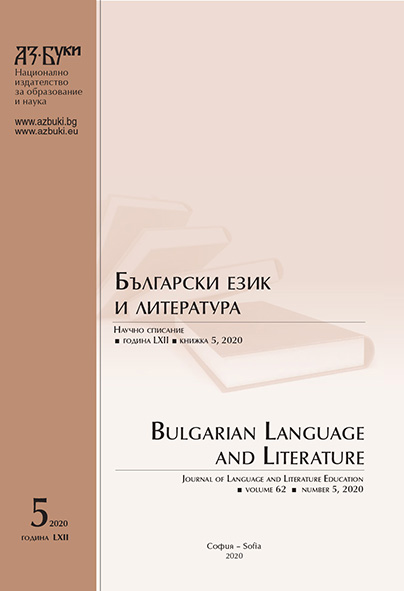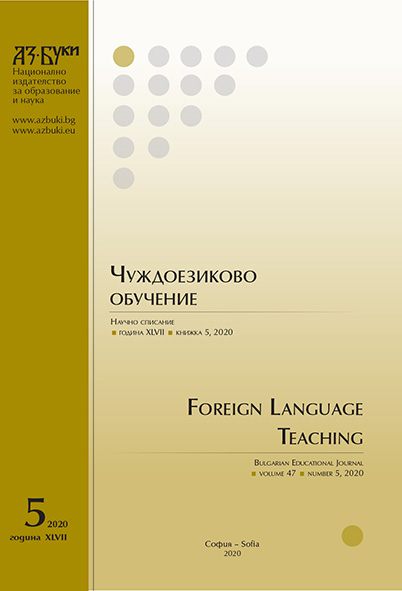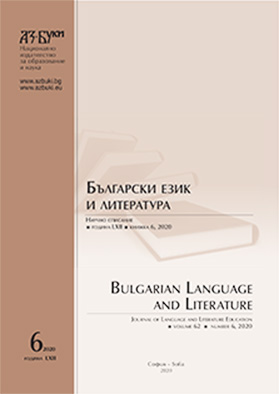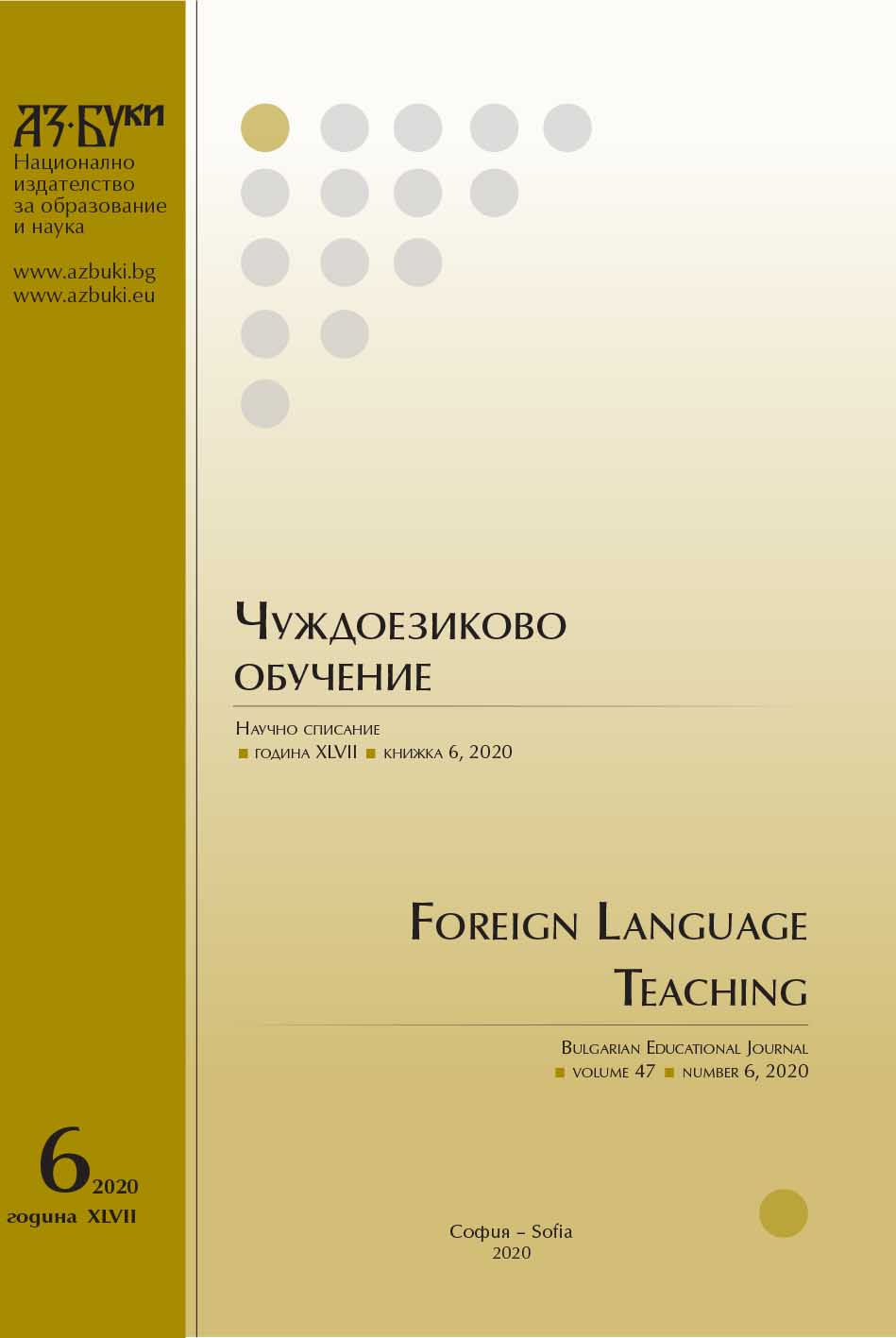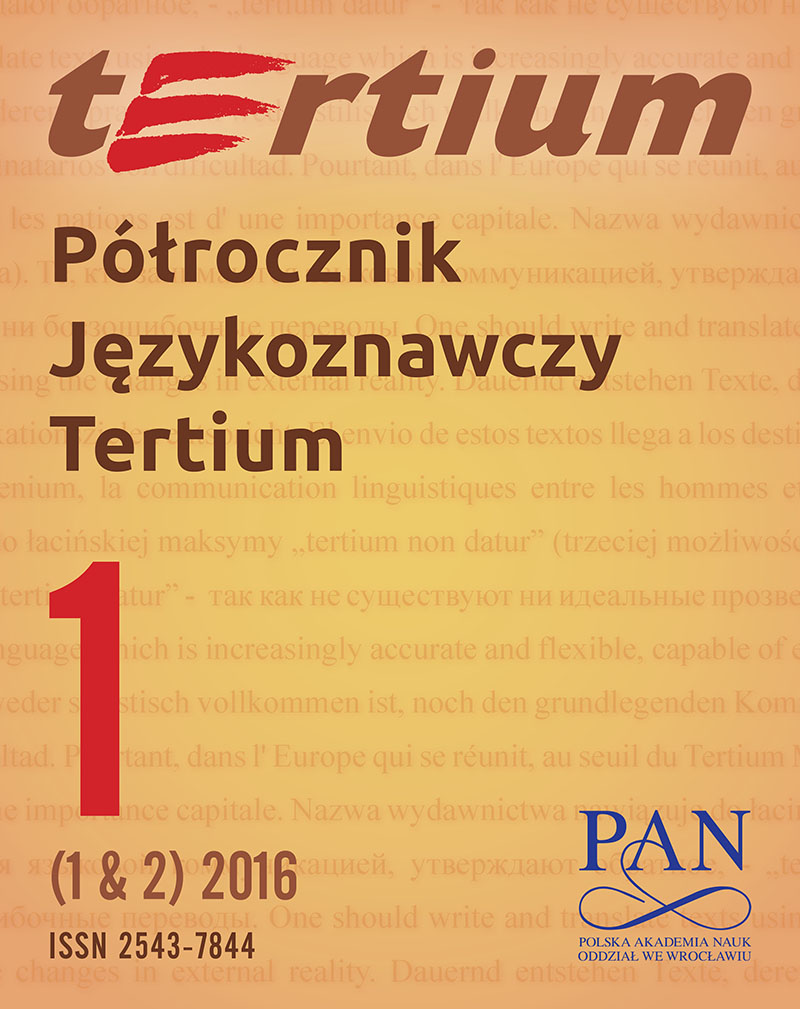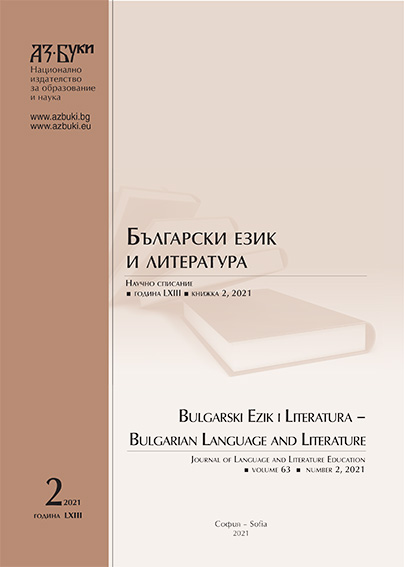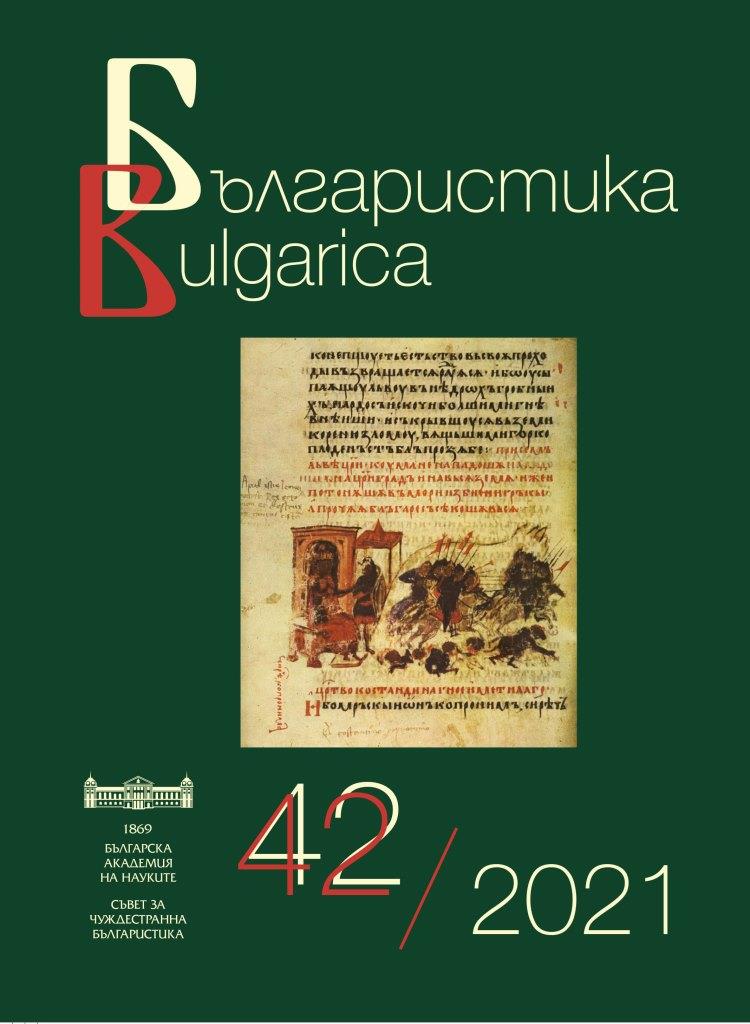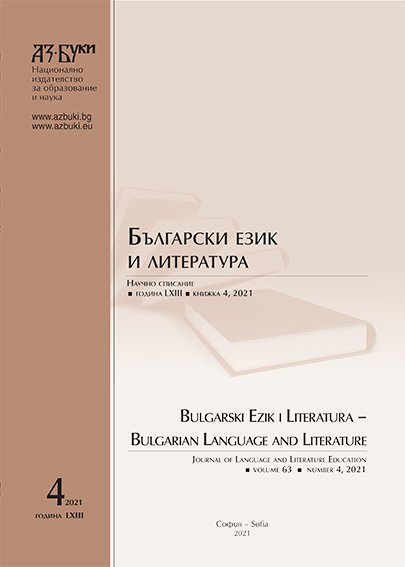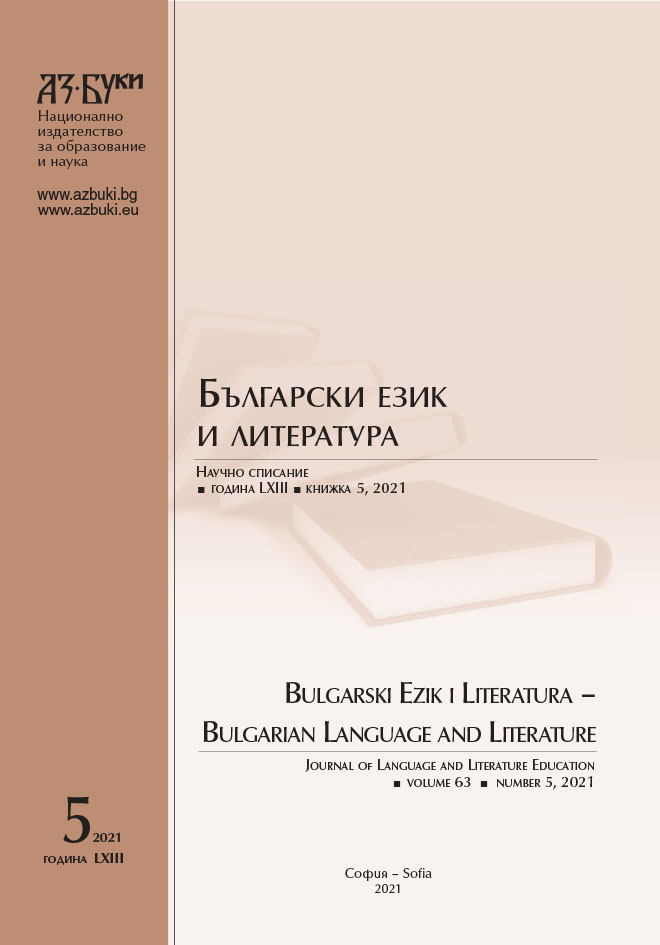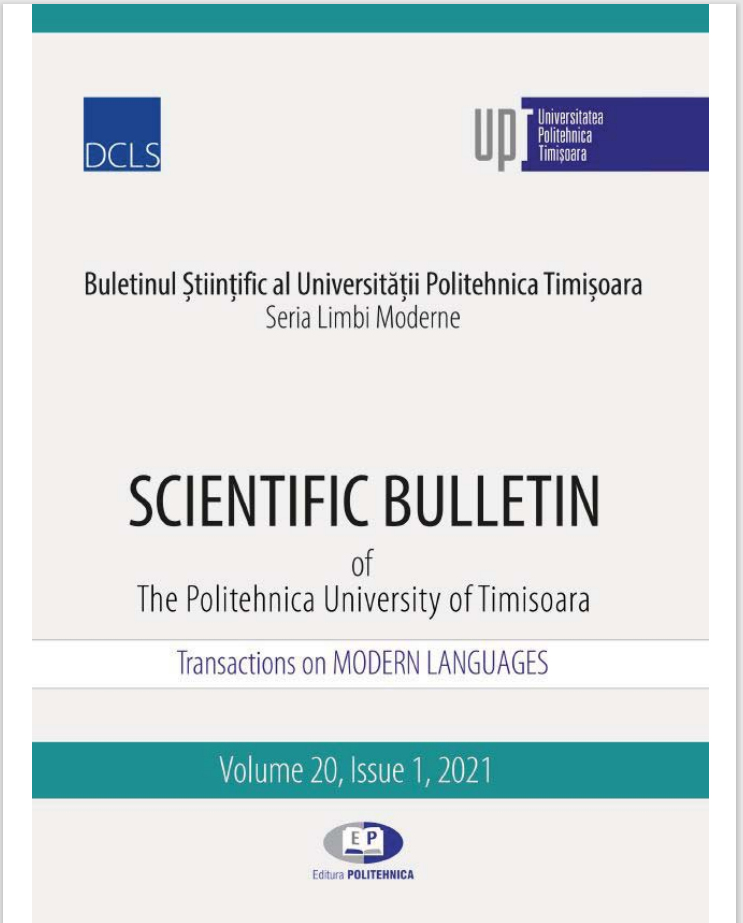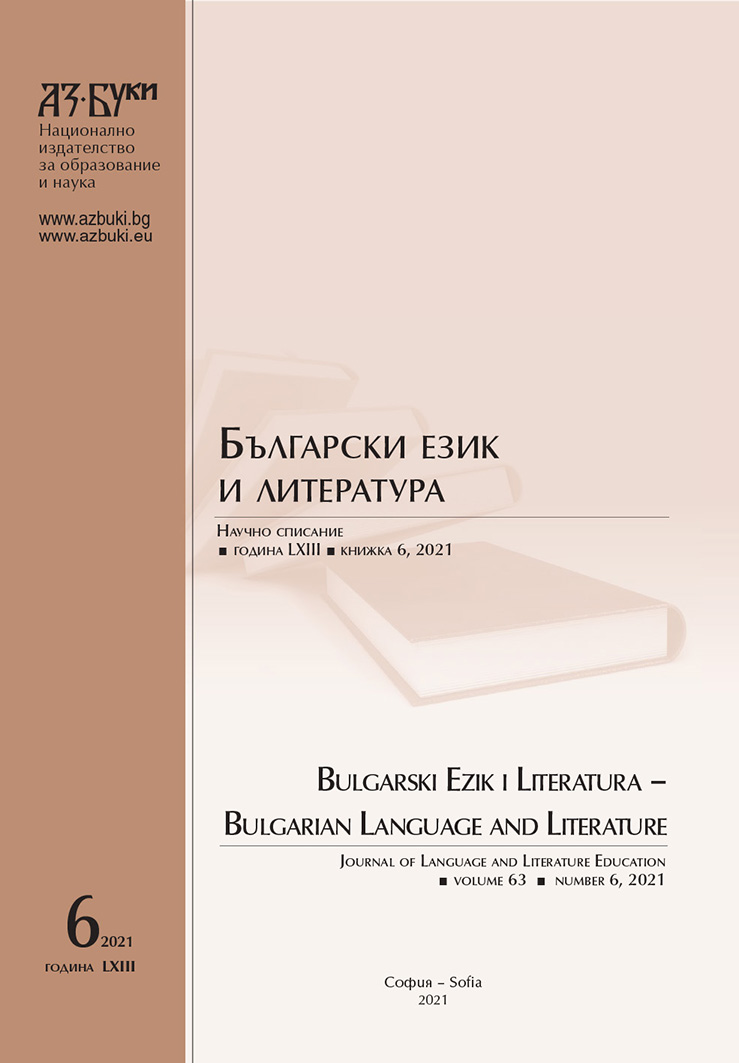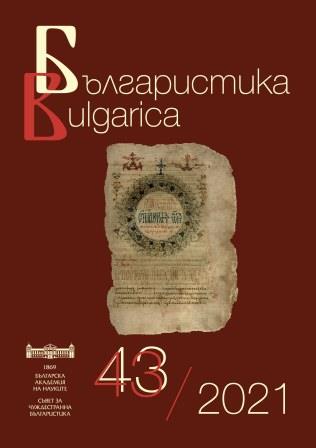Author(s): Daniela Gheltofan / Language(s): English
Issue: 20/2021
The traditional folkloric substratum of different cultures and the mythological one are still very noticeable nowadays, and the modern person cannot disregard them, as they are intensely reinterpreted, reimagined, and promoted in a vast array of fantasy books, fantasy films, etc. The protagonists of fantasy culture are the imaginary, supernatural, magical, demonic beings, the totemic animals, the fantastic objects, etc. In relevant literature they are defined as mythemes. Moreover, another present-day function was assigned to folkloric, mythological elements (the mythemes) through their animated metamorphosis into the realm of video games, already being annotated, listed online. The present paper aims to emphasise the role of realia-mythemes in traditional and current culture on one hand, and on the other hand to present a series of means of conveying, mainly in Romanian, the fantasy (i.e., folkloric, mythological) realia-words with Russian cultural characteristics (cf. Ба́ба-Яга́ [Ro Baba-Iaga], [En BabaYaga/Jaga]; Богаты́рь [Ro bogatîri], [En bogatyr]; Васили́са Премудрая [Ro Vasilisa Premudraia], [En Vasilisa Premudraya]; Жар-пти́цa [Ro jar-ptița], [En zhar-ptitsa]; Русáлка [Ro rusalca], [En rusalka], etc.). The transfer of realia elements constitutes a complex process that has been drawing the attention of researchers for a long time, especially since there is no “sole” translation solution, and the “ideal” rendering of these units is performed by considering certain intra- and extralinguistic, intra- and extra-translational aspects.
More...
